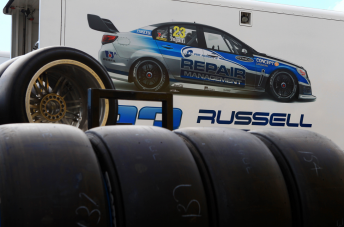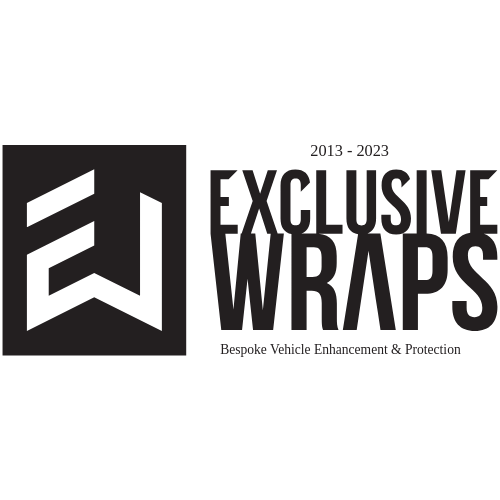

A dispute over the sale of Racing Entitlements Contracts surrendered to V8 Supercars at the end of last year appears little closer to resolution after an initial hearing in the NSW Supreme Court.
A hearing took place last week to examine the construction of the REC agreement amid an ongoing dispute between V8 Supercars and Lucas Dumbrell Investments surrounding the legitimacy of the sale process.
Judge Michael Pembroke ruled in favour of V8 Supercars on questions surrounding the construction of the contracts, but warned that “there is, I suspect, some way to go in the litigation” and that “the ultimate result may possibly be that the defendants are successful”.
Justice Pembroke criticised the drafting of V8 Supercars’ REC agreement in the ruling and noted that the sale “invites suspicion and warrants investigation”.
As previously reported, Dumbrell had joined Triple F Racing (Sanpoint Pty Ltd) and Tony D’Alberto Racing in each surrendering a REC at the end of last season after proving unable to find the funds to enter corresponding cars in the 2014 championship.
V8 Supercars subsequently ran a tender process for the three RECs in July/August this year which, according to court documents sighted by Speedcafe.com, failed to attract any formal bidders.
The court documents confirm that the LDI and Sanpoint RECs were subsequently sold by V8 Supercars Holdings to Australian Motor Racing Partners Pty Ltd, a related company of V8 Supercars and the second plaintiff in the case, for a nominal value of $20,000 each.
LDI had purchased its REC for $1.5 million in November, 2012, while Sanpoint, listed as the second defendant, paid $1.39 million for its license three years earlier.
TDR, which is known to have made a non-compliant bid as part of the REC tender as it continues to seek funding in order to return to the championship, was not a party to the court proceedings.
The case examined clause 10.1(b) of the REC agreement concerning the surrender of RECs, which states: “V8 Holdings will ensure that the price paid for the Rights is as commercially advantageous as possible having regard to the current market situation by offering the Contract to the market by tender.”
While LDI and Sanpoint contended that the wording ensured that the sale of the RECs “must be by tender and by no other means”, V8 Supercars argued that it was required only to offer, rather than sell, by tender in order to ensure the most “commercially advantageous” outcome was achieved.
Justice Pembroke concluded that the rights could legitimately be offered to the market by tender without actually being sold by tender under the wording of the clause, stressing that a tender could continue indefinitely if this was not the case.
The ruling therefore stated that the “defendants fail on the separate questions of construction”, although notes that “separate questions may possibly arise for consideration in connection with the defendants’ proposed substantive challenges to the validity of the tender process”.
“Although the plaintiffs have succeeded on the separate questions of construction, there is, I suspect, some way to go in the litigation,” Justice Pembroke concluded.
“The nominal price at which the RECs were sold to the second plaintiff invites suspicion and warrants investigation. And the ultimate result may possibly be that the defendants are successful.”
Justice Pembroke also described the REC agreement’s construction as “amateur” in nature, proposing that each party pay its own costs for the hearing as a result.
“The underlying reason for the dispute as to the meaning and effect of Clause 10.1 is the wholly amateur quality of the drafting of the RECs, for which V8 Holdings must take responsibility,” Judge Pembroke concluded.
“They could not possibly have been drafted by a competent and qualified lawyer. The documents as a whole bear the hallmark of carelessness or lack of experience or both.
“There should not have been a dispute as to the meaning of Clause 10.1(b) if the drafting had been competent. The fault lies with V8 Holdings. And the defendants were justified in taking the stance that they did.”
In a statement provided to Speedcafe.com, V8 Supercars’ CEO James Warburton welcomed the ruling.
“We would always prefer not to have matters dealt with by the courts, however, we are pleased that the NSW Supreme Court ruled in our favour on this matter,” he said.
LDM declined to comment when contacted by Speedcafe.com.
The parties are scheduled to return to court tomorrow (Friday) for directions ahead of the next stage of the legal proceedings, consisting of a declaratory relief hearing instigated by V8 Supercars.
The absorption of the RECs comes as V8 Supercars continues to work on returning an income to its competing teams from next season.
Although a 25-car grid for 2015 appears likely, the actual field size isn’t due to be confirmed until the entry deadline for the new season on December 1.




















Discussion about this post